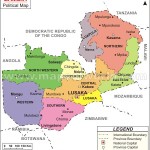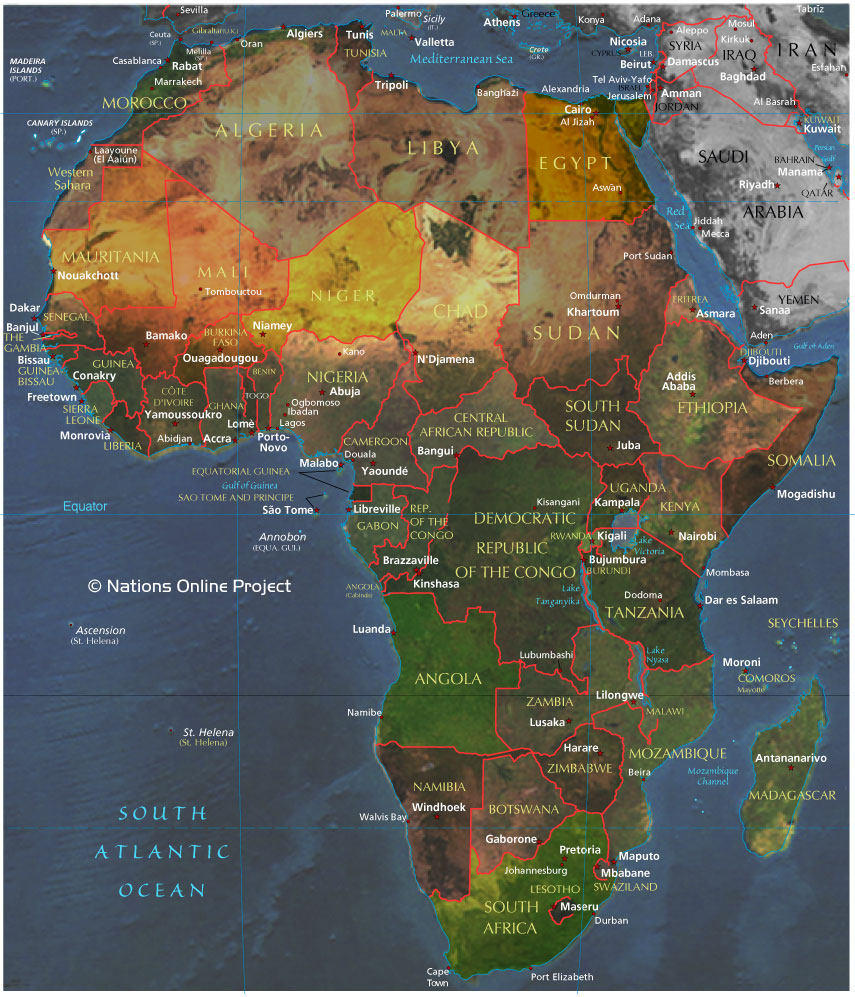Climate change and deforestation are some of the greatest issues facing Africa today. The effects are tangible: less rain, hotter climates, soil erosion, and drought bring famine, poverty, and starvation. Huge areas of forest are cut down every day for timber and fuel for cook stoves. Additionally, large tracts of forest are damaged by elephants daily and if there is not enough vegetation to maintain an elephant population the elephants are culled.
Due to the remote geographic location of Western Province Zambia there is little commerce and lack of viable seed varieties to sustain the population. In Western Province, 80% of the population lives in poverty, the highest level in the country.By implementing a self-sufficient seed bank & tree nursery which provides relevant training for year round agriculture, business and accounting, the project will improve genetic diversity in local gardens, farms and kitchens to recreate resilient healthy food systems and people.
Approximately 250,000-500,000 children in developing countries become blind each year owing to vitamin A deficiency, with the highest prevalence in Southeast Asia and Africa. Approximately half of these children die within a year of becoming blind. Better variety and abundance in vegetable sources will increase vitamin A consumption in Zambia. Click to enlarge photos and click arrow to view next photo.
- Mongu and Kalabo are in the purple area of this map
The SEEDS Canadian team has been engaging their community by collecting unused utility bill envelopes, washed used milk bags, vegetable seeds and funds.
‘The Silozi Seed Bank’, will provide approximately 100 seeds to community members. They will be handed out to each participant in the unused envelopes, they will also be provided with a washed milk bag to hand in their interest consisting of 20 seeds. When interest is paid participants will receive 100 more seeds for planting. Participants must attend a training session on cultivating, drying and propagating seeds for year round growth. Interest seeds may be from vegetables grown or from fallen tree seeds around their compounds.
The tree seeds collected will then be used for the Trees for Elephants Program & Nursery. The aim is to begin a reforestation initiative of the surrounding community to reverse the damage from the over harvesting of trees for fuel, timber and elephants by planting quick growing exotic, fruit and local trees. The local trees would be sold as building poles and to reforest establishments who house elephants. Chilies will also be grown to sell as they are a good deterrent to elephants that raid vegetable gardens. We built the tree nursery in April 2014 but need to complete the Resource Centre.
SEEDS provides tubes and vegetable seeds, together with training and monitoring, so that householders can grow 25 quick-growing trees and 10 fruit trees per household. Planting deciduous trees like Faidherbia Albidia (Acacia Family) shed their leaves in the rainy season which replenishes the soil with nitrogen. Quick-growing exotic trees ( like Blue Gum) provide an immediate benefit to the community who use the trees like a crop: coppicing the tree (cutting off the branches for firewood without felling the whole tree), which then grows back quickly to provide more wood. RIPPLE Africa, Malawi and Zambia, Zambia are two similar models that can be used to both compare and contrast this inititive and the critical needs it addresses. Primarily, the need for such a project in Kalabo arises from the fact that there are no other initiatives in the area that work to fill the critical void within the community.
The Silozi Seed Bank and Trees for Elephants will not require a substantial building to operate at present. A small-medium sized shop and fenced nursery has been provided by Mr. Fredderick Mulopo, our manager for SEEDS in Mongu. While some of Ripple Africa’s successful agricultural techniques will be emulated, the majority of efforts of the Silozi Seed Bank and Tree Nursery will retain a more focused approached, more directly serving the needs of individual farmers and homesteads. The grass-roots approach to providing resources such as training and supplies is an inexpensive, efficacious and culturally appropriate method to promote increased personal productivity and quality of life. The seed bank and nursery will address the lack of viable seeds in the area and the programming will tackle many of the pressing social and environmental issues in the community such as poverty, environmental degradation, helping to equalize socioeconomic disparities while facilitating income generation.
The projects are currently operating in their first stages in Mongu, Western Province and will be expanded to Kalabo when the new road is completed in 2016. SEEDS provided training documents and financial backing to our Zambian Manager, Fredrick, to purchase a computer, printer, Smart phone and so far, 1060 planting tubes and manure. Our Manager lives in Mongu and is currently preparing the compost pits and tree nursery centre for tube filling in April 2014. Fredrick is recruiting volunteers to add to the Zambian team. Community members from these largely rural areas will be able to visit the centre for training seminars and to obtain seeds for planting.
The Silozi Seed Bank mobile unit will visit participants in more remote areas to train, consult and return with more seeds based on projected harvest times when we are able to raise funds to purchase a 4 x 4 vehicle. With personnel and a small shop already established in Mongu, only funding is needed. To begin, funding is required to prepare the shop with necessary signage, a refrigerator for cold stratification of seeds, a table for training sessions, windows and doors for the Resource Centre, and materials to build the shade enclosures needed for the nursery. Additionally, funds to purchase a 4×4 pick up truck, gasoline, planting tubes, gardening tools, office supplies for “How to Grow” handouts to farmers and air time for the internet.



